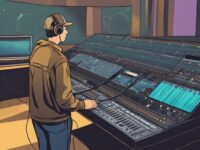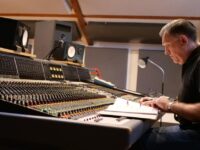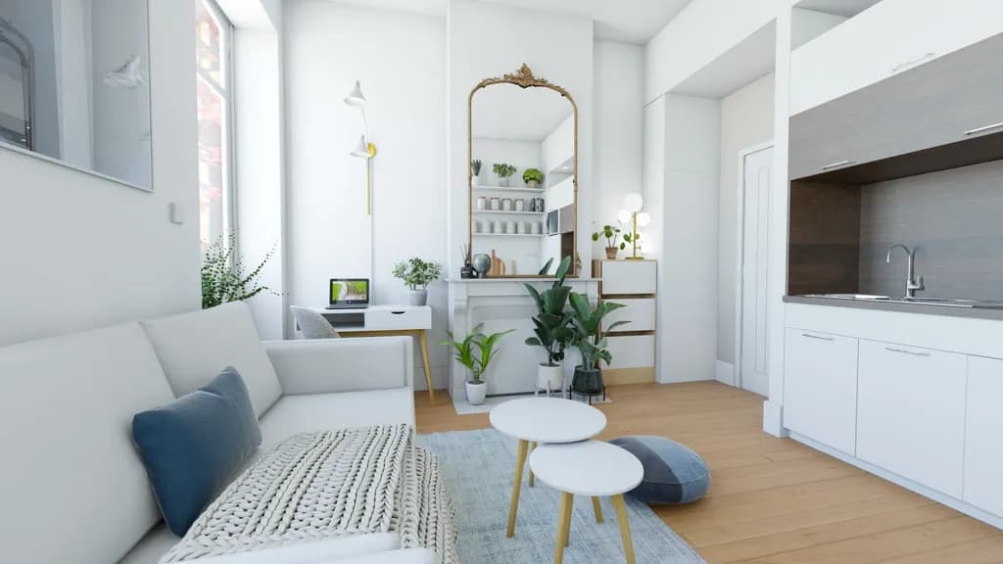how to Become a Studio Engineer
What do you mean by a Studio Engineer?
A studio engineer, also known as a recording engineer or sound engineer, is responsible for recording, mixing, and mastering music and audio in a recording studio. They work closely with artists, producers, and other music industry professionals to achieve the desired sound quality for a project.
How to become a Studio Engineer?
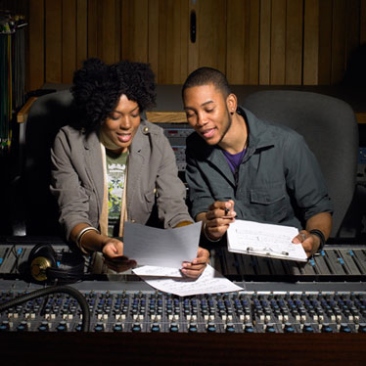
Image Source: connollymusic.com
Becoming a studio engineer requires a combination of education, training, and experience. Here are some steps you can take to pursue a career in this field:
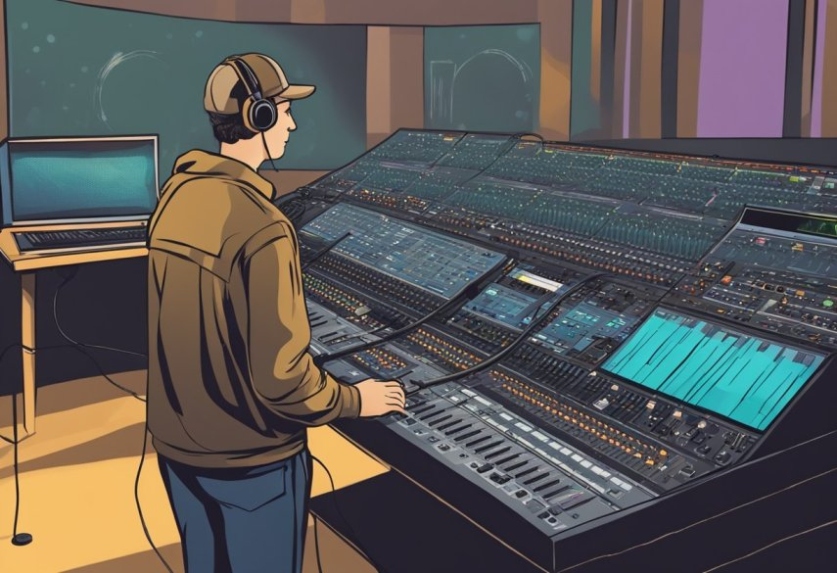
Image Source: i0.wp.com
1. Get a formal education: Many studio engineers have a degree in audio engineering or a related field. Consider enrolling in a program at a technical school, community college, or university that offers courses in sound recording, mixing, and mastering.
2. Gain experience: Intern or work as an assistant at a recording studio to learn the ropes and gain hands-on experience. This will help you build your skills and network with industry professionals.
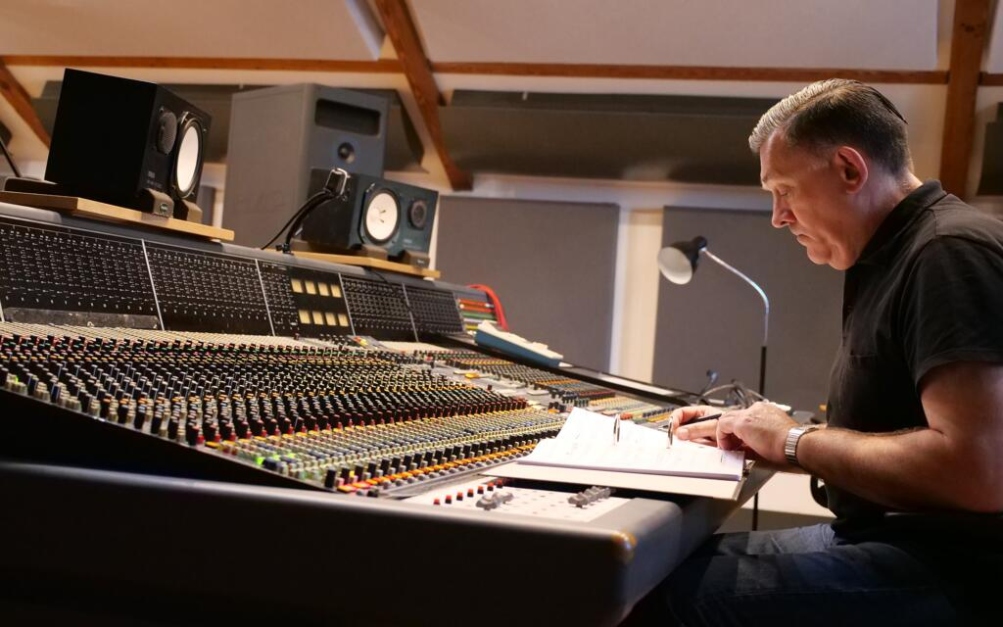
Image Source: cloudimg.io
3. Learn the equipment: Familiarize yourself with the tools and Technology used in recording studios, such as microphones, mixing consoles, and digital audio workstations (DAWs). Practice using them to improve your technical skills.
4. Develop your ear: A critical part of being a successful studio engineer is having a good ear for sound. Train your listening skills by practicing mixing and mastering tracks, attending live music events, and seeking feedback from others.
5. Build a portfolio: Record and mix your own music or work on projects for friends and local artists to showcase your skills. Having a strong portfolio will help you attract clients and secure job opportunities.
What is known for a Studio Engineer?
Studio engineers are known for their technical expertise, creativity, and attention to detail. They play a crucial role in the music production process by ensuring that the sound quality meets industry standards and the artist’s vision.
Solution to become a Studio Engineer
There is no one-size-fits-all solution to becoming a studio engineer, as the path to this career can vary depending on individual goals and circumstances. However, by following the steps outlined above and staying dedicated to honing your craft, you can increase your chances of success in this competitive field.
Information about Studio Engineer
Studio engineers work in a variety of settings, including recording studios, film and television production companies, radio stations, and live music venues. They may specialize in a particular genre of music or focus on a specific aspect of the production process, such as mixing or mastering.
Description of a Studio Engineer
A studio engineer’s day-to-day responsibilities may include setting up and testing equipment, recording and mixing tracks, collaborating with artists and producers, troubleshooting technical issues, and ensuring that the final product meets quality standards. They must be able to work well under pressure, communicate effectively, and stay up-to-date on industry trends and technologies.
Conclusion
Becoming a studio engineer requires a combination of education, training, and experience. By following the steps outlined in this article and staying dedicated to honing your craft, you can pursue a successful career in this dynamic and rewarding field.
FAQs
Q: What skills are required to become a studio engineer?
A: Some essential skills for a studio engineer include technical proficiency, creativity, attention to detail, good communication, and problem-solving abilities.
Q: How long does it take to become a studio engineer?
A: The timeline to become a studio engineer can vary, but it typically involves several years of education, training, and hands-on experience.
Q: Is a degree necessary to become a studio engineer?
A: While a degree in audio engineering or a related field can be beneficial, it is possible to become a studio engineer through self-study, internships, and on-the-job training.
Q: What is the earning potential for studio engineers?
A: The earning potential for studio engineers can vary depending on factors such as location, experience, and industry demand. According to the Bureau of Labor Statistics, the median annual wage for sound engineering technicians was $53,750 in May 2020.
Q: What are some common challenges faced by studio engineers?
A: Common challenges faced by studio engineers include tight deadlines, technical issues, creative differences with clients, and competition in the industry.
Q: How can I stay current in the field of studio engineering?
A: To stay current in the field of studio engineering, consider attending workshops and conferences, networking with industry professionals, experimenting with new technologies, and continuing your education through courses and certifications.
Q: Are there opportunities for advancement in the field of studio engineering?
A: Yes, there are opportunities for advancement in the field of studio engineering, such as becoming a senior engineer, studio manager, or freelance producer. Advancement often requires years of experience, a strong portfolio, and a good reputation in the industry.
how to become studio engineer

